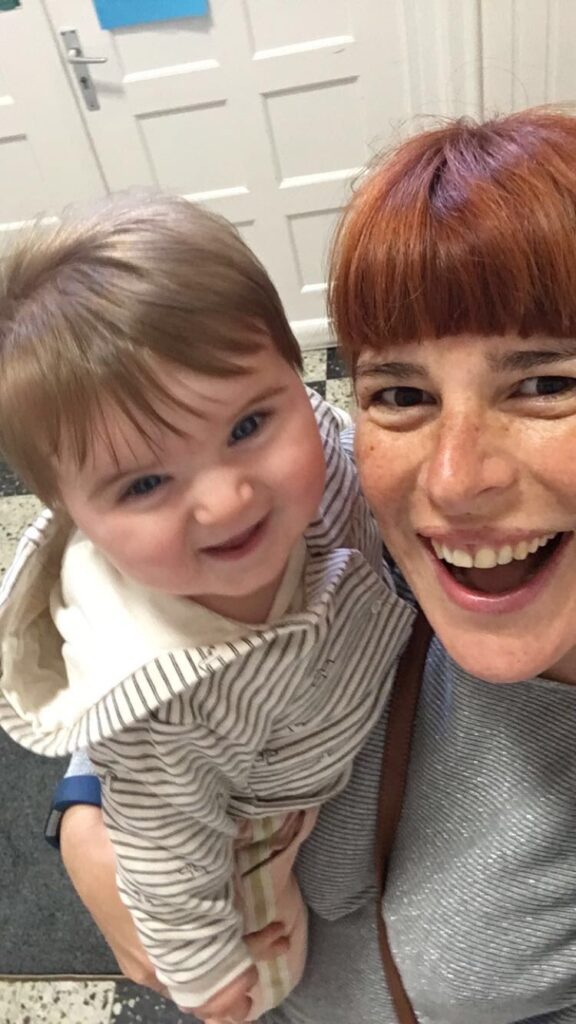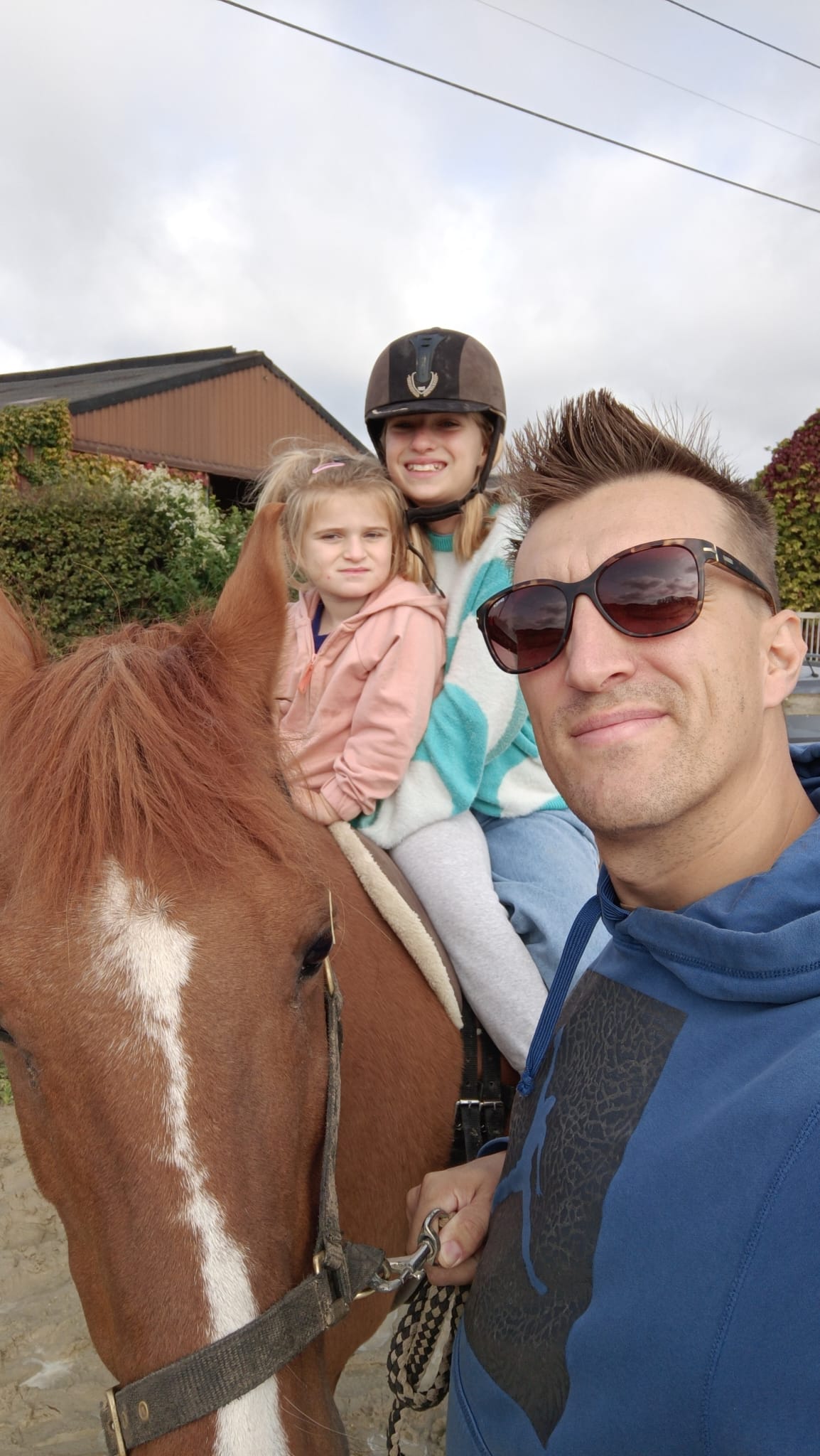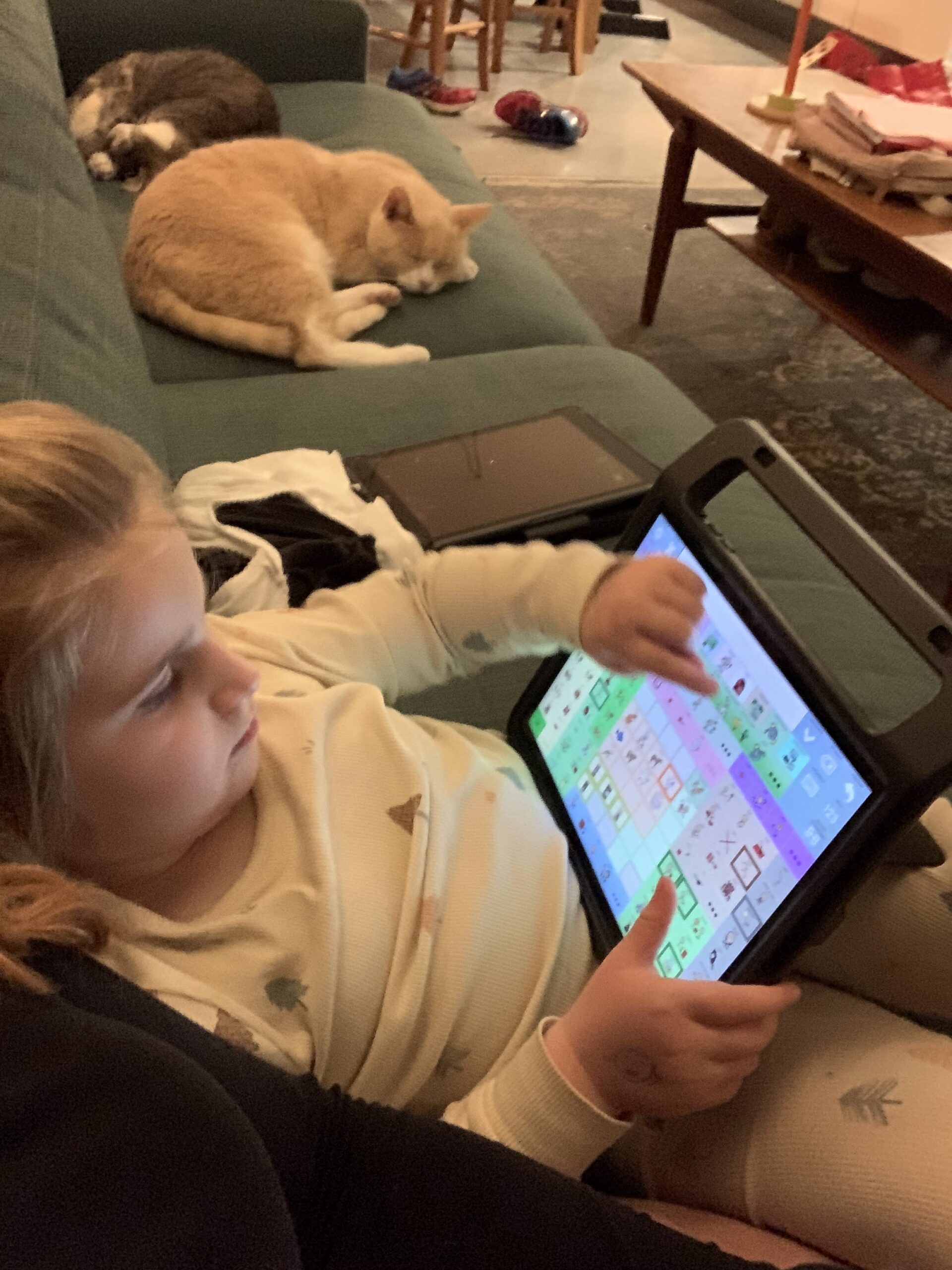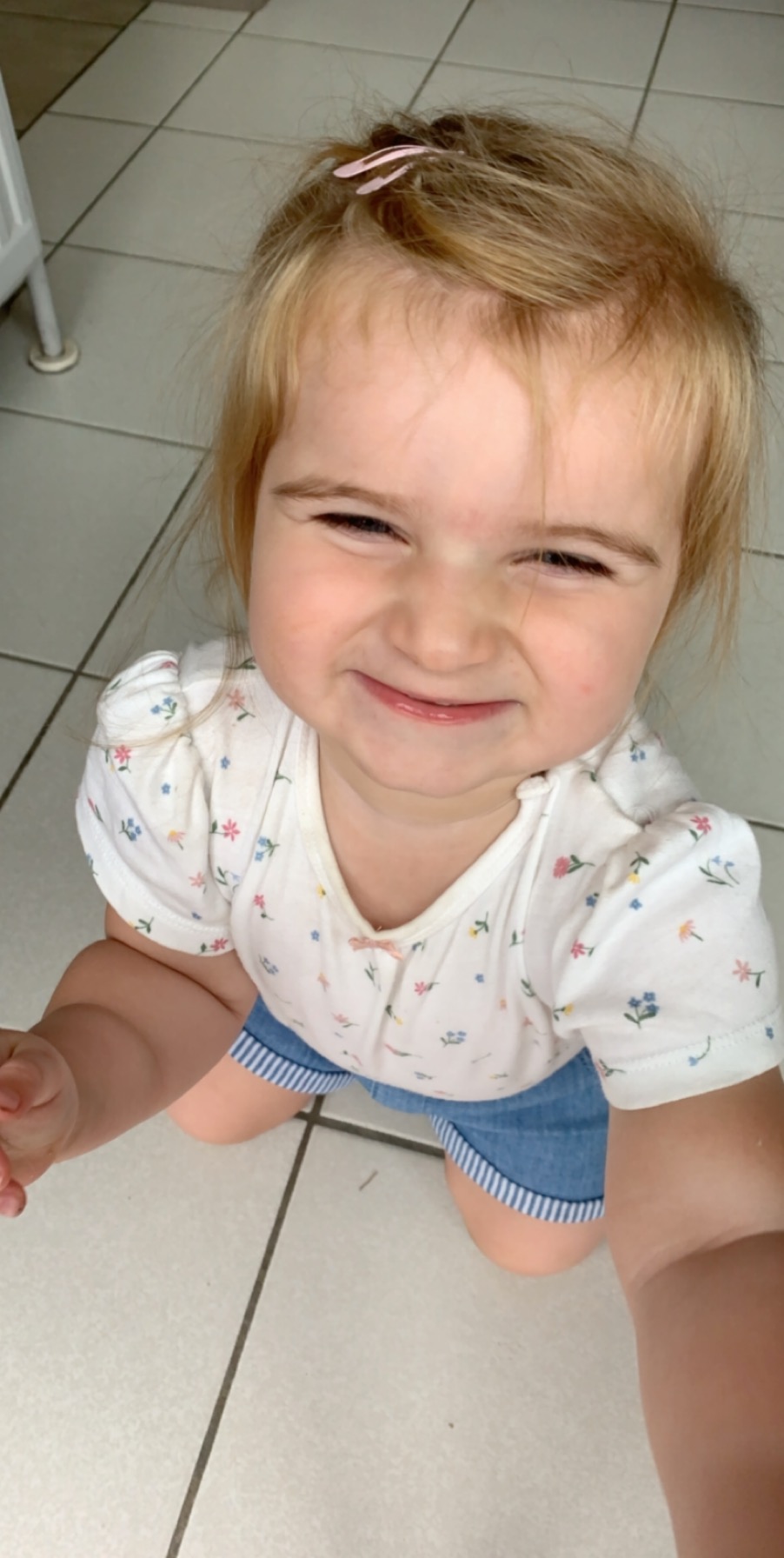 February 15 is International Angelman Syndrome Awareness Day. Global Genes reached out to the Foundation for Angelman Syndrome Therapeutics to ask one of the members of their community to share their story. Ellen is mother to Hazel, who was diagnosed with Angelman syndrome when she was three years old.
February 15 is International Angelman Syndrome Awareness Day. Global Genes reached out to the Foundation for Angelman Syndrome Therapeutics to ask one of the members of their community to share their story. Ellen is mother to Hazel, who was diagnosed with Angelman syndrome when she was three years old.
by Ellen Koekoeckx
Angelman syndrome parent, caregiver & advocate
Becoming a mother at the age of 39 brought a unique set of emotions – gratitude, worry, and the overwhelming joy of holding my beautiful daughter, Hazel, in my arms. Hazel’s arrival after a flawless pregnancy filled my world with happiness.
Hazel’s early days were like many new parents’ experience – sleepless nights and the challenges of breastfeeding. It wasn’t until she missed developmental milestones that we started our diagnostic journey. Physiotherapy and reassurances from the pediatrician initially brought comfort, but as time went on, concerns grew. A visit to the Center for Developmental Disorders marked the beginning of a long wait for answers. More than a year later, genetic testing provided the diagnosis – Angelman syndrome (AS), UPD.
Angelman Syndrome (AS) is a rare disorder affecting approximately 1 in 15,000 people globally. People living with AS have a genetic difference on chromosome 15. People with these chromosomal changes do not produce any, or remotely enough, of something called UBE3A—which is a protein involved in brain functioning that helps us walk, talk and perform many other everyday tasks. As a result, children and adults with AS typically have balance issues, motor impairments and can have debilitating seizures. Disruptive sleep is often a serious challenge. Some never walk. Most do not speak. Individuals with AS have a normal life expectancy, but require continuous care and are unable to live independently.
 The news from the geneticist shattered my hopes and dreams for Hazel. Powerless and overwhelmed, I delved into researching everything about Angelman Syndrome. Amidst the darkness, a ray of hope emerged when I discovered the Foundation for Angelman Syndrome Therapeutics (FAST). The realization that parents and researchers were actively working towards a cure ignited a spark within me.
The news from the geneticist shattered my hopes and dreams for Hazel. Powerless and overwhelmed, I delved into researching everything about Angelman Syndrome. Amidst the darkness, a ray of hope emerged when I discovered the Foundation for Angelman Syndrome Therapeutics (FAST). The realization that parents and researchers were actively working towards a cure ignited a spark within me.
Attending the FAST Global Science Summit provided a glimmer of hope as I witnessed a global community rallying together to cure Angelman syndrome. FAST, a patient advocacy organization, takes an active role in the research and development landscape. From funding promising research at the academic level all the way to starting companies; create the necessary infrastructure outside of drugs and their development, from projects like the Global Angelman Syndrome Registry and newborn screening to preparing for regulatory approval processes and advocating for reimbursement, FAST has set the agenda for therapeutic advancements. The organization’s global outreach, with chapters across the globe, showcases a commitment to collaboration and sharing of resources. Conscious that parents worldwide were seeking therapeutics for their loved ones and wanted to contribute to the search for a cure, FAST began to seek partners across the globe. In 2010 FAST Australia joined the FAST family. Later chapters from the UK, Canada, Italy, France, Latin America, Spain and Poland joined FAST in 2023.
Motivated by the desire to contribute to the search for a cure, I recently joined FAST as a global advisor. Our focus is on creating and implementing a global strategy that fosters collaboration across pharmaceuticals, research institutions, and various organizations worldwide, to help bring effective therapeutics to all individuals living with AS regardless of age, genotype, nationality or language.
Today, Hazel is 5 years old and attending a special needs school. She can walk and although she cannot speak with words, she’s very eager to communicate with signs and her speech device. Our hope is that we will be able to hear Hazel’s voice one day, telling us about her day, how she’s feeling, and that she will be able to lead an independent life!
Learn more about FAST (Foundation for Angelman Syndrome Therapeutics)
- Hazel during hippotherapy
- Hazel using a speech device
- Happy Hazel!

Stay Connected
Sign up for updates straight to your inbox.



